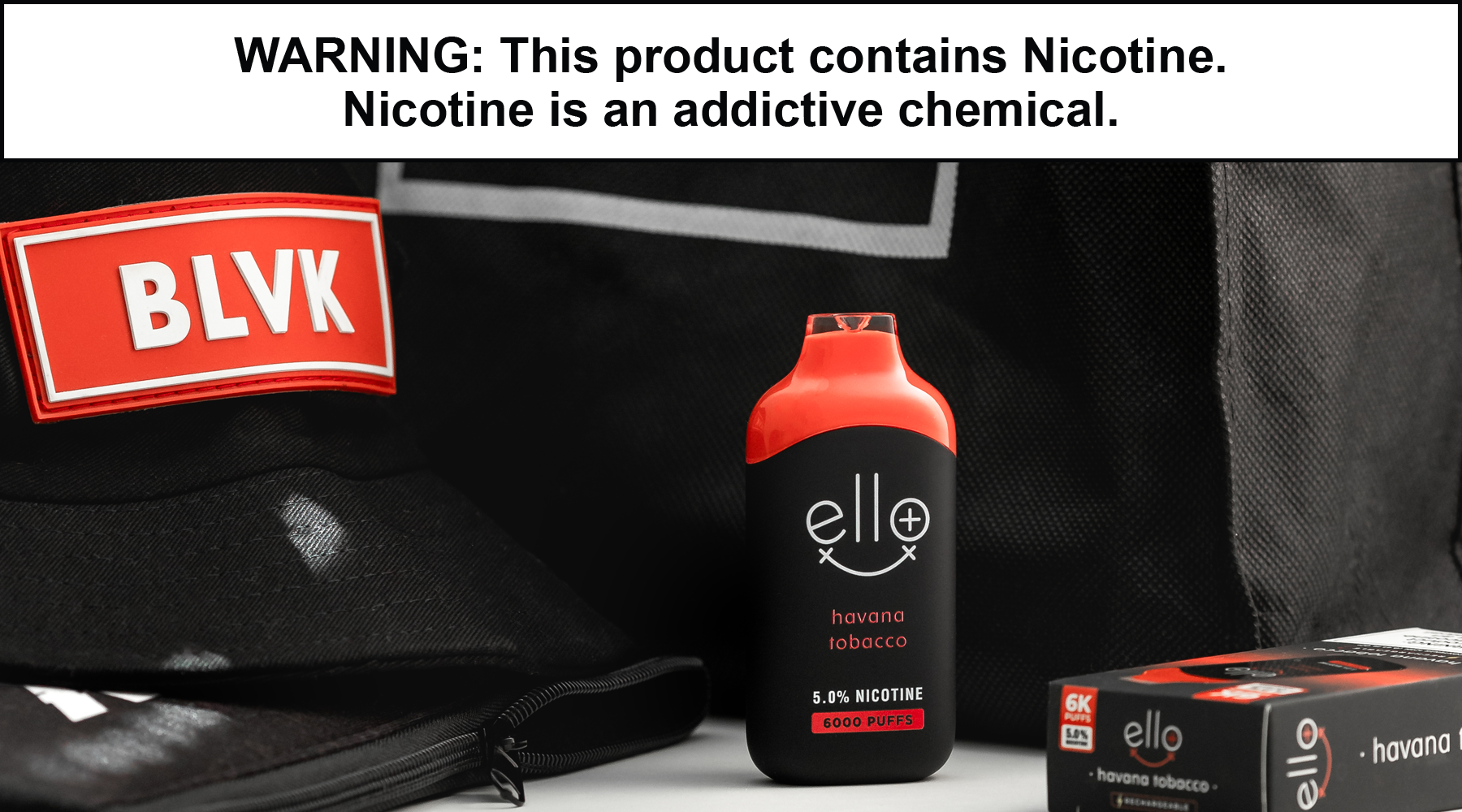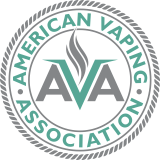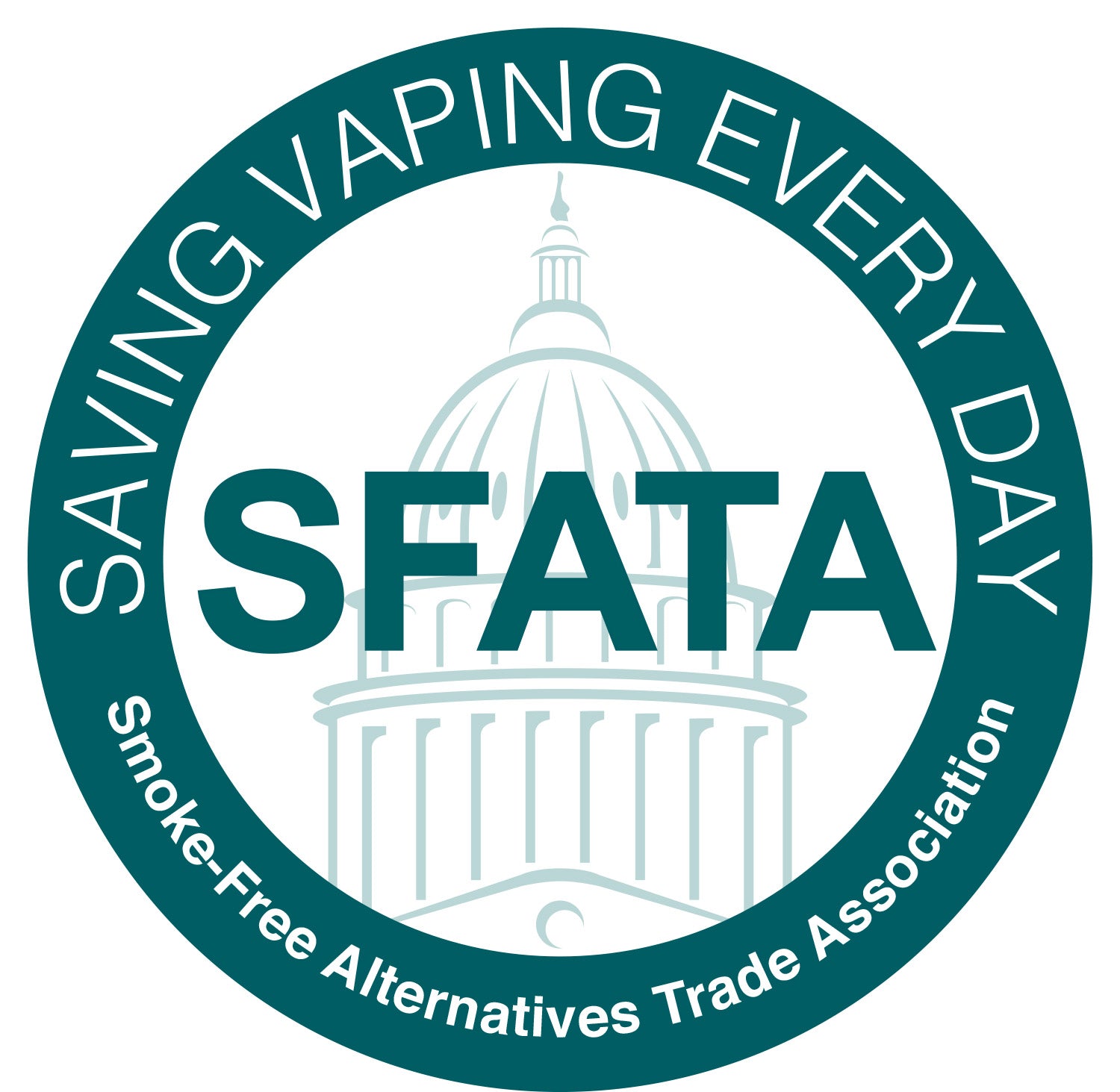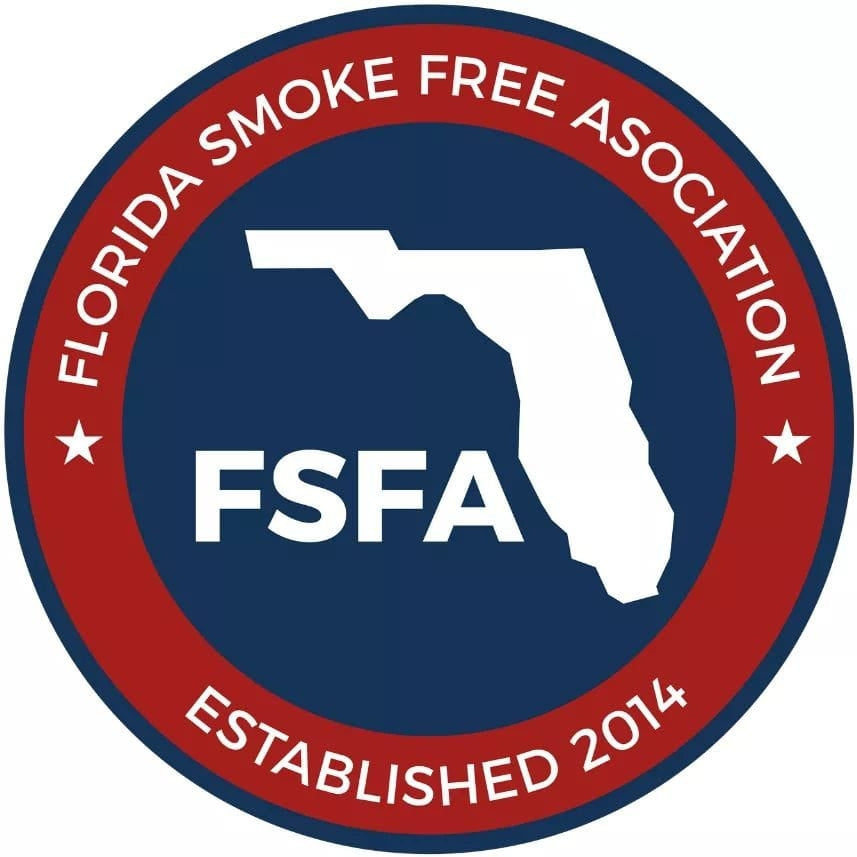If you vape, you're probably already aware of the campaign against vaping. Anti-smoking groups along with some government agencies have consistently tightened the noose around the greater American ENDS industry for several years now. With more states and municipalities enacting bans on non-menthol flavored tobacco, the percentage of the population affected by these bans are ballooned from 1.3% up to 38%. And while this may sound upsetting at first, the findings revealed by the study data surrounding the ban of flavored tobacco gives us new insight into the reality of these bans and whether or not they're actually benefiting the appropriate protection of public health.
A new study done by the Yale School of Public Health in conjunction with Georgetown University School of Medicine and the Department of Economics at Columbia, looked at the effects of e-cigarette flavor restrictions on tobacco product sales. The study looked at sales data from January 7, 2018 to March 26, 2023 across the entire U.S. Researchers identified these key findings in their research. It should also be noted the report explicitly states that none of the involved institutions have ever taken funds from either the tobacco or the vaping industries, making them free from any conflict of interest related to the subject of this study.
Key Findings
- Vape sales fall and cigarette sales rise when a higher percentage of state residents are subject to flavor bans.
- The relationship between flavor bans and tobacco product sales became greater as time went on.
- 71% of the increased cigarette sales were for tobacco flavored cigarettes
- The relationship between flavor bans and tobacco sales is consistent across the market, including brands not typically used by underage youth.
- Less restrictive bans, like those that limit ends sales to certain types of retailers, also resulted in an increase in cigarette sales.

Vaping Risks ≠ Smoking Risks
The message being peddled by anti-vaping groups is that vaping is just as bad for you as smoking. This is simply not true. Smoking cigarettes is one of the worst things you can do to your body, as a single cigarette contains as many as 600 dangerous and toxic ingredients which only get worse upon heating up and inhaling.
The most serious, legitimate, claim that can be made about vapes and e-liquid is that some of the food-grade ingredients may not be made to be inhaled. Yes, you read that correctly. Vaping critics are worried about the food grade ingredients in e-liquid while cigarettes contain more dangerous ingredients than any consumer can ever name. Yet, still, these anti-vaping groups continue to push the false narrative that vaping is just as dangerous and bad for you as smoking.
For context, 480,000 people die annually due to cigarette-related health complications. There have been 68 vaping related deaths in the U.S. since e-cigarettes hit the market in 2007. All 68 deaths were found to be connected to a batch of contaminated cannabis vape products, a completely different product than the 'electronic nicotine delivery systems' or e-cigarettes in the crosshairs of lobbyists. Beyond those 68 deaths, there is no data related to deaths caused by vaping e-cigarettes, which begs the question, 'why would lobbyists want to push people back towards cigarettes when they kill so many?'
New Findings Tell a Different Tale About Cigarettes & Vaping
Dealing with these flavor bans over the last few years has been a headache. The fact that these bans have been around for several years means that researchers are going to start getting some real data about how cigarette smoking and vaping are interconnected, and not necessarily in the ways that are to be expected.
To be honest, it's really unclear to most people why lobbyists are targeting the vaping industry the way they are. Vaping and e-cigarettes were created as a harm reduction alternative to cigarettes, but by slowly prohibiting the public's access to these products, people are turning back to cigarettes to achieve their nicotine fix. New research found that for every 0.7mL pod that goes unsold, 15 cigarettes are sold in its place. Despite the unclear intentions of anti-vaping campaigns actually are, the reality is that they are resulting in an increase in cigarette sales. By restricting access to e-cigarettes and similar products, flavor bans are pushing the public toward the more harmful of the two options.
Let's Stop the 'Vaping Targets Kids' Rhetoric
It's interesting to note that, despite the claims that e-cigarettes and flavors target youth, the study found that when cigarette sales increased, the increase was not limited to brand that are typically used by the youth. This clearly demonstrates that a large portion of ENDS users are adults, who, when prohibited access of flavors, simply turn back to cigarettes. If there really were huge numbers of underage vapers, their brand allegiance would betray them to researchers and those brands would demonstrates a higher increase in cigarette sales than brands typically used by adults, which we don't see.
The crusade for public health is a noble one, but bans on flavored tobacco are not aligned with this goal, no matter what anti-vaping lobbyists try to tell us. The way to keep people wanting to inhale tobacco is by addressing the root cause of why people consume it in the first place, which is typically stress. No amount of flavor bans are going to fix the issue that Americans as a whole are stressed out, overworked and desperate for a break, whether that comes by puffing on a real cigarette, or an electronic one. If lobbyists really cared about public health the way they claim to, they'd focus their energy on big tobacco and aim for goals like cleaner, more biodegradable combustible cigarettes, rather than trying eliminate the only other option to cigarettes out there.











Leave a comment
This site is protected by reCAPTCHA and the Google Privacy Policy and Terms of Service apply.